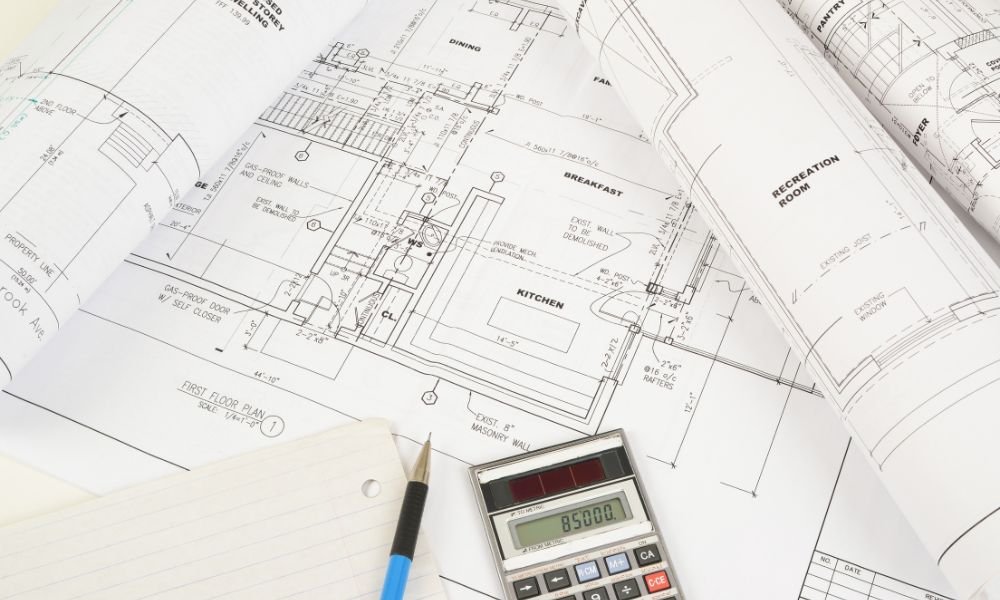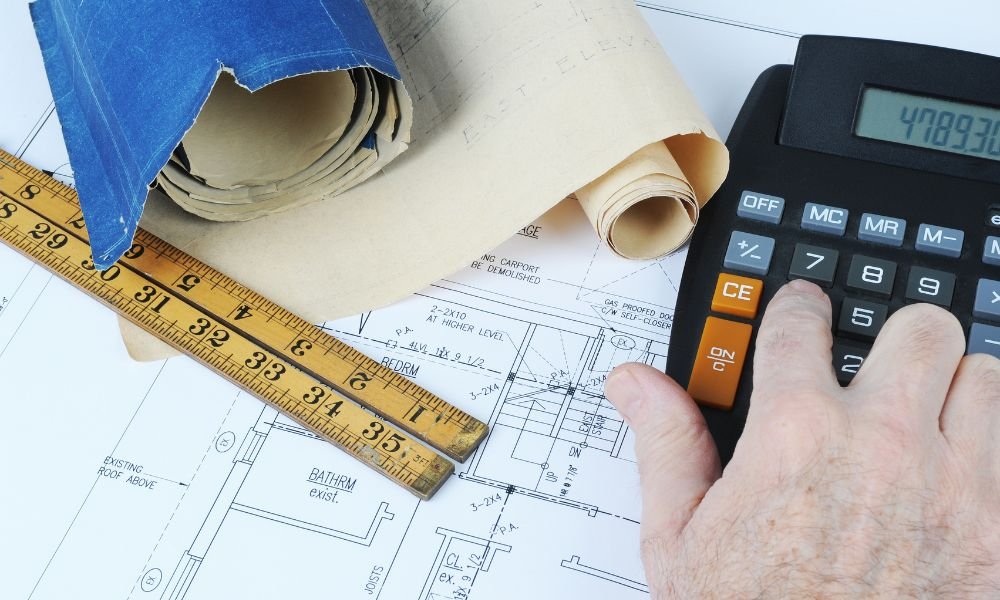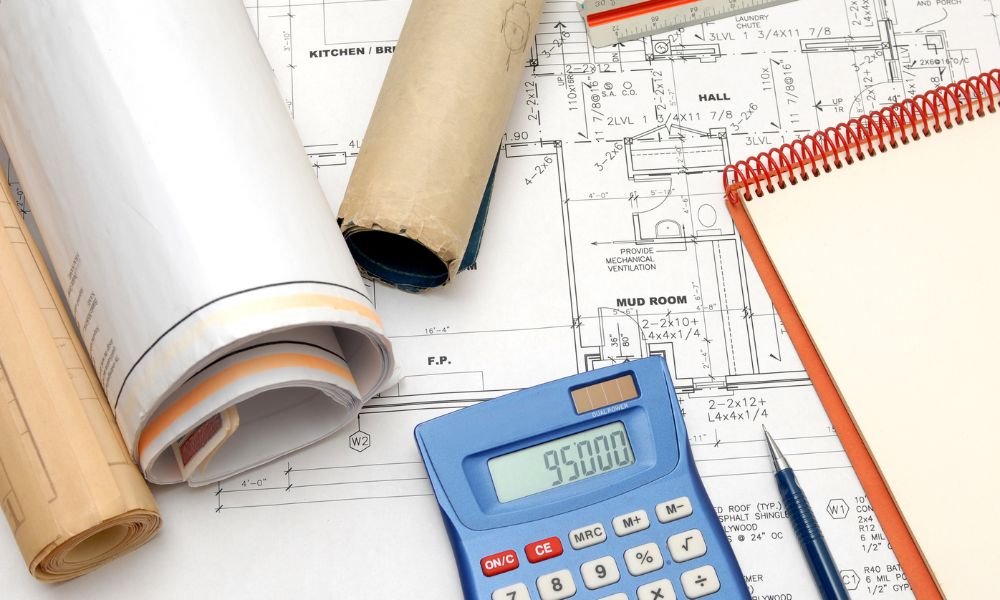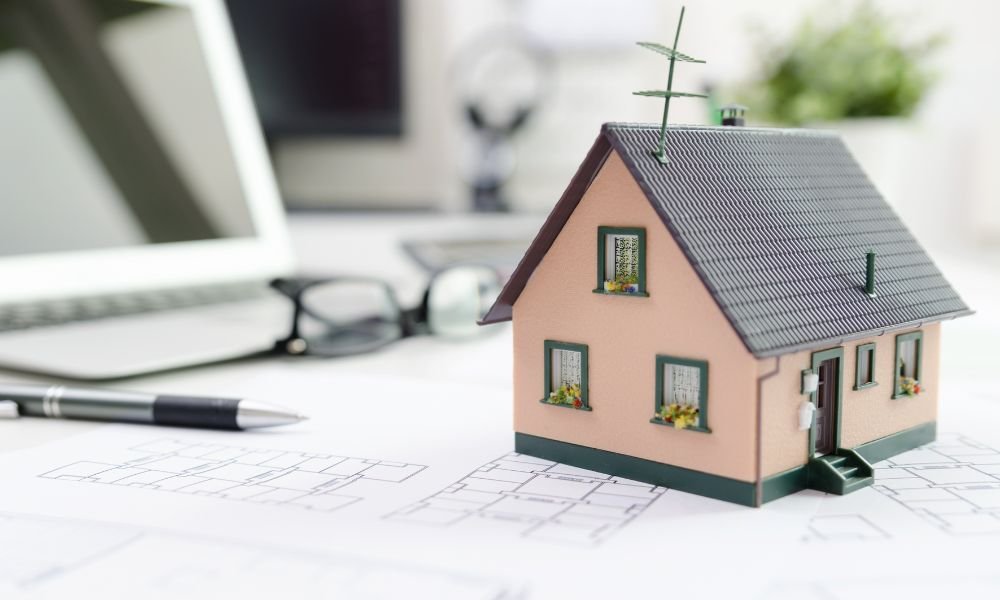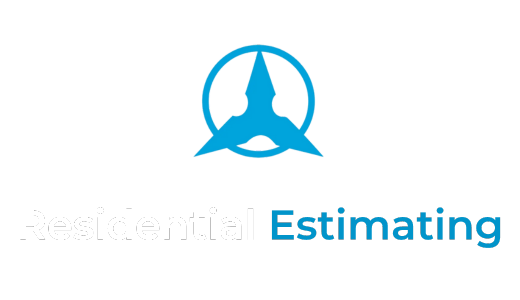Estimating the cost of building a house is an essential step in the construction process. If not done correctly, it can lead to costly budget overruns and project delays. In this step-by-step guide, we’ll walk you through the process of estimating house construction costs, so you can avoid financial pitfalls and ensure your project stays on track.
From site preparation to final finishes, here’s how you can effectively estimate the cost of building your home.
1. Determine the Total Square Meterage of the House
The first step in estimating construction costs is calculating the total size of the house. Costs are often measured in cost per square meter, so knowing the overall size is crucial. In Australia, for example, the cost to build a home can vary depending on the region and design complexity. Here’s a rough guide:
Basic Construction: $1,600 – $2,400 per square meter
Mid-Range Construction: $2,500 – $3,200 per square meter
Luxury Construction: $3,500+ per square meter
Include all indoor spaces, outdoor living areas, garages, and balconies in your calculations to avoid surprises later. A bigger house will naturally require more materials and labor, leading to higher costs.
Pro Tip: Use a floor plan to calculate the square footage of the entire house, including any extensions or outdoor areas.
2. Consider the Location of the Build
The location of your build has a significant impact on the total construction cost. Urban areas with high demand for skilled labor and materials will typically have higher prices compared to rural regions. However, building in remote areas might increase costs due to transportation fees for materials and labor.
Urban Build: Expect higher costs due to labor demand and stricter building regulations.
Rural Build: Potentially lower labor rates but higher logistics costs for materials and contractors.
Additionally, local building regulations, permit fees, and compliance costs can vary widely depending on your location. Make sure to check these requirements with your local council or authority to include them in your estimate.
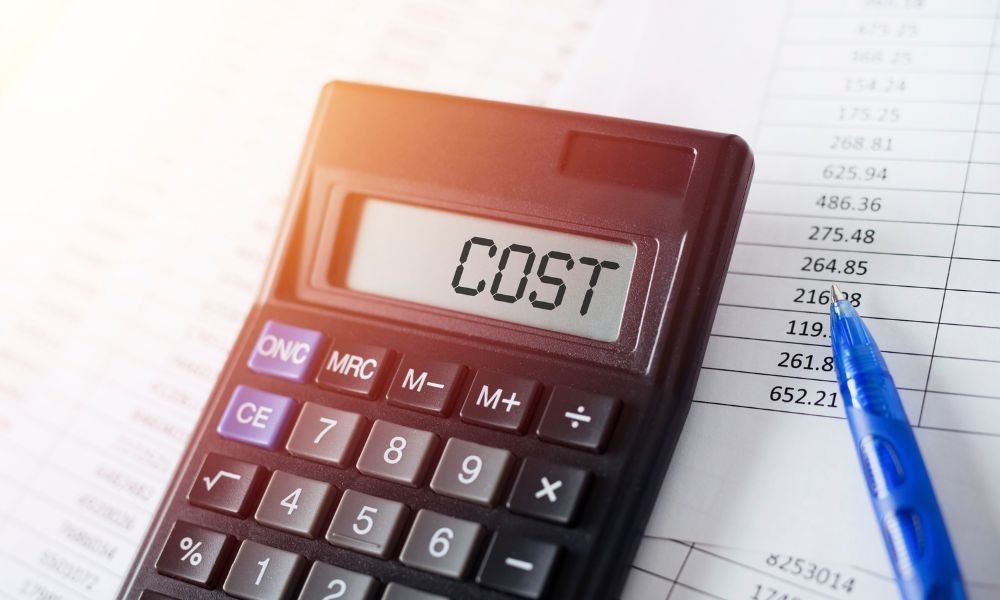
3. Account for Site Preparation and Land Costs
Before construction begins, the land must be prepped, and this can be a significant cost driver. If you are building on a raw plot, it may need clearing, leveling, and grading, which can vary widely in cost depending on the land’s condition.
Clearing and Grading: Removing trees, rocks, or old structures may be necessary and can be costly.
Excavation: You might also need to invest in additional excavation if your plot has uneven ground or poor soil quality.
Foundation Costs: If your site is on sloped or rocky ground, you may need a more complex foundation, which can increase your budget.
Soil tests and land surveys are often required to ensure the plot is suitable for construction. Be sure to include these costs in your estimate.
4. Choose Your Materials Wisely
The materials you choose for your home will significantly influence the overall cost. From framing and roofing to interior finishes, the price can vary dramatically based on quality and availability. Here’s how material choices impact costs:
Basic Materials: Standard materials, like timber framing and basic tiles or laminate flooring, are cost-effective.
Premium Materials: Opting for high-end finishes, like stone countertops or custom woodwork, will significantly increase costs.
When estimating materials, don’t forget essentials such as insulation, roofing, windows, and doors. Material costs also fluctuate based on market demand and supply chain issues, so stay updated on current prices.
Pro Tip: Balance your budget by choosing high-quality materials for high-traffic areas (e.g., kitchens and bathrooms) and standard materials for less visible areas.
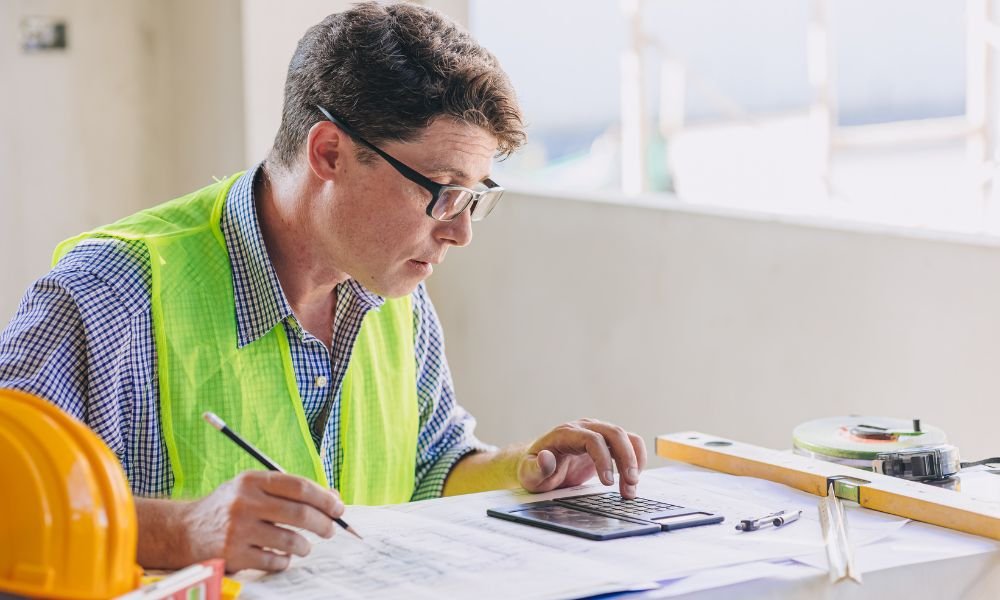
5. Calculate Labor Costs
Labor is another substantial component of the construction budget. Labor costs will vary depending on the complexity of the project and the availability of skilled tradespeople in your area. Carpenters, electricians, plumbers, and other specialists are necessary for the project, and their rates may differ based on location and demand.
Carpentry, Electrical, and Plumbing: These are typically the most expensive labor categories, especially if you require complex work or custom installations.
Specialty Labor: If your design includes unique architectural elements or high-end finishes, you may need specialized labor, which will increase costs.
It’s essential to gather quotes from multiple contractors to compare labor costs and timelines.
6. Include the Cost of Permits and Regulatory Compliance
Building permits are mandatory for most construction projects and vary depending on your location and the type of home you’re building. Failing to acquire the right permits can result in hefty fines and project delays.
Permits: These typically cover zoning, safety regulations, and environmental impact assessments. Fees range from a few hundred to several thousand dollars, depending on the project’s scope.
Regulatory Compliance: Local regulations may require specific environmental or energy-saving measures that can add to the construction costs.
Consult with your local council or a professional to understand the specific permits and compliance costs associated with your project.
7. Account for Hidden Costs and Contingencies
No construction project is free from unexpected expenses. It’s essential to factor in a contingency budget—usually 10-15% of the total cost—to cover unforeseen issues like weather delays, material shortages, or changes in design.
Utility Connections: Adding water, gas, electricity, and sewage connections can add significant costs, especially if your plot is in a remote area.
Landscaping: This often overlooked cost includes lawn installation, driveways, and outdoor features like fences or patios.
Price Fluctuations: The cost of materials can fluctuate due to market conditions, so it’s wise to have a buffer in place.
Plan for these hidden costs to ensure that your project stays within budget, even if unexpected challenges arise.
8. Finalize Your Budget and Get Professional Help
Once you’ve accounted for all the costs—site preparation, materials, labor, permits, and hidden fees—you can finalize your overall budget. It’s essential to work closely with a professional estimator to ensure your numbers are accurate and comprehensive.
Hiring a Professional Estimator: Working with an expert ensures your estimate is thorough and precise, reducing the risk of budget overruns.
Fixed-Price Contracts: Opt for fixed-price contracts where possible to prevent unexpected price increases during the construction process.
Regularly review and update your budget as the project progresses to keep track of all expenses and avoid any surprises.
Conclusion: Stay Ahead with Accurate Estimates
Estimating the cost of building a house can be a complex task, but by following this step-by-step guide, you can avoid budget disasters and keep your project on track. From calculating square meterage to accounting for hidden costs, careful planning is key to staying within budget.
At Residential Estimating, we provide detailed and accurate estimates to help you build your dream home with confidence. Contact us today to get a tailored estimate for your project and avoid costly surprises along the way.
